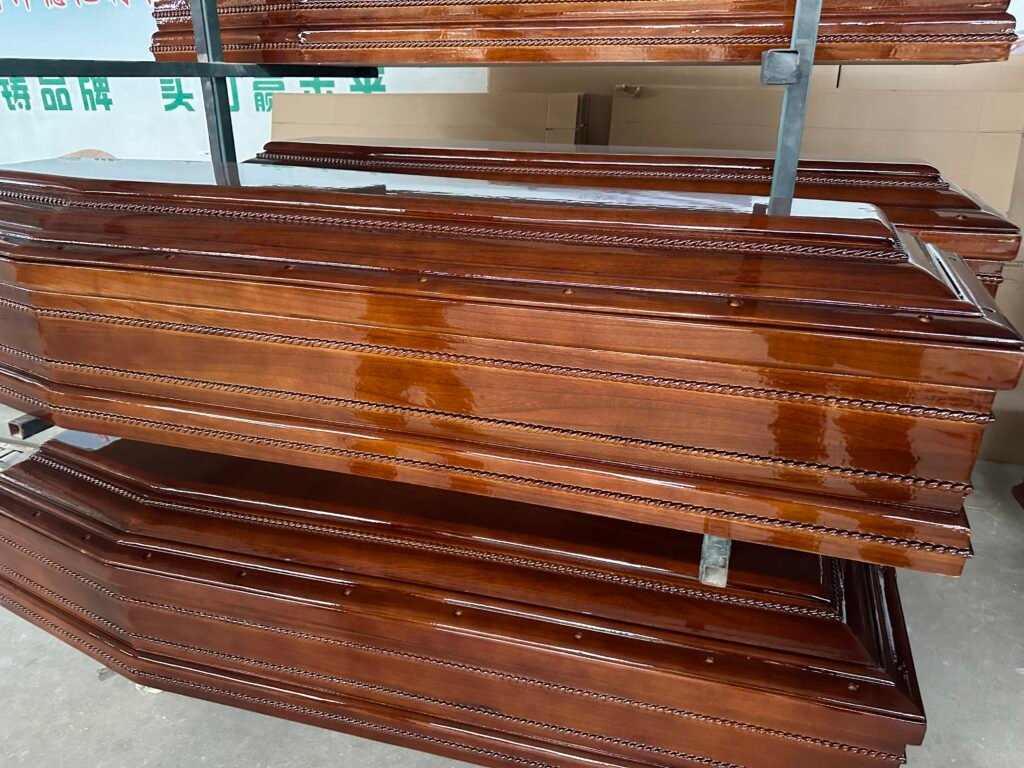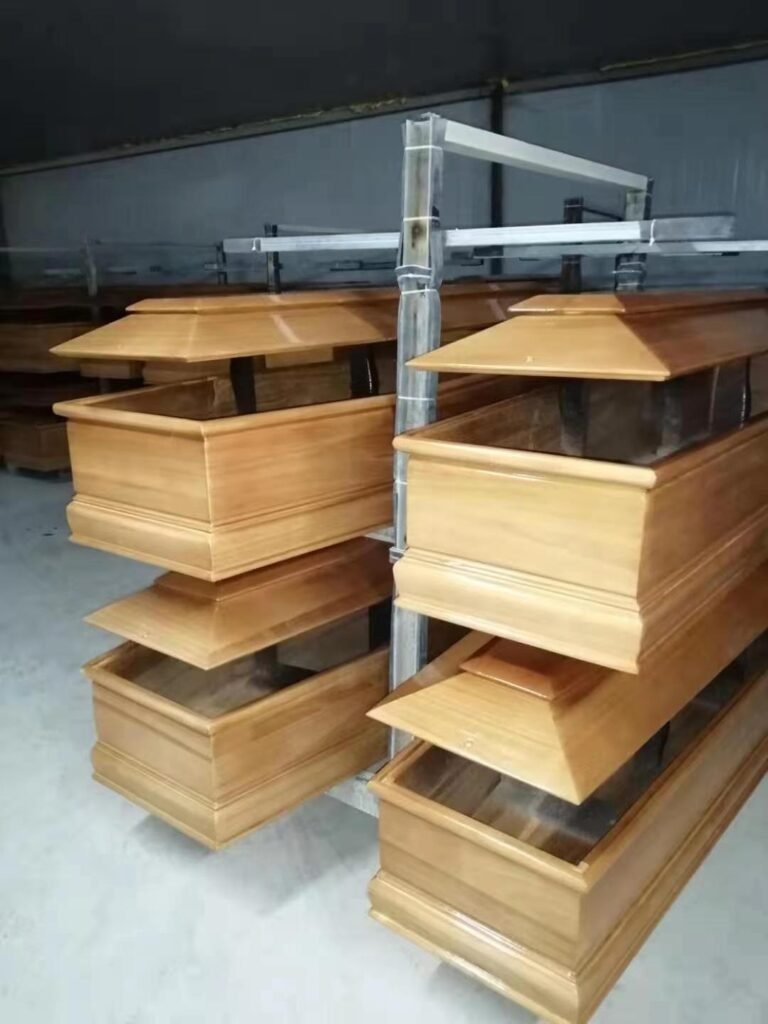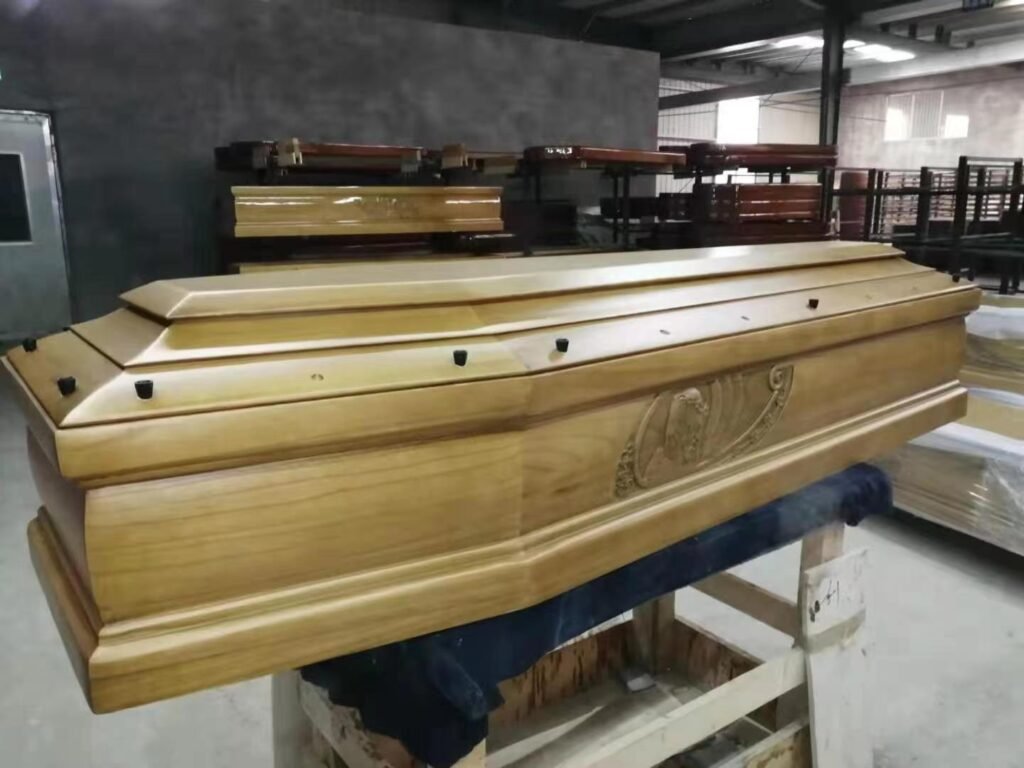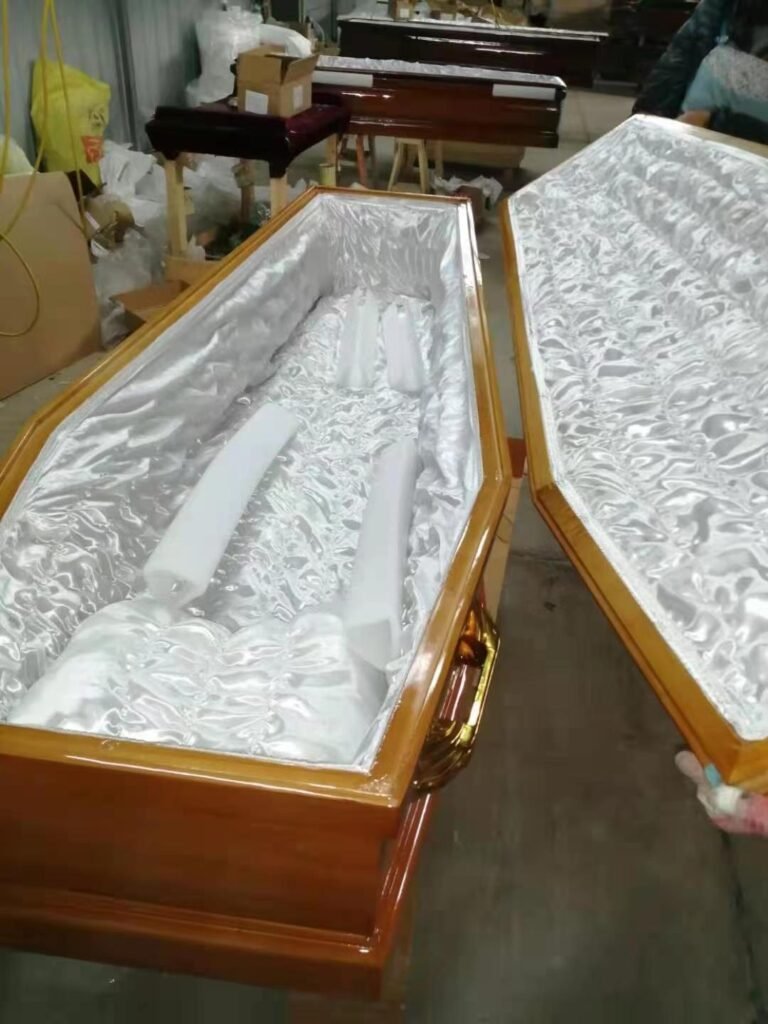Wooden coffins have long been a symbol of respect and reverence in funerary traditions, offering a timeless elegance and natural beauty to the final resting place of loved ones. From handcrafted designs with brass fittings to eco-friendly options made from solid pine, the choice of wood plays a significant role in the aesthetics, durability, and environmental impact of a coffin. In this article, we delve into the longevity of wooden coffins, the decomposition of solid oak, the cost of standard options, and the best wood choices for caskets.

The Longevity of Wooden Coffins
Wooden coffins are renowned for their durability and ability to withstand the test of time. When properly constructed and cared for, a well-made wooden coffin can last for decades, preserving the remains of the deceased with dignity and respect. The longevity of a wooden coffin is influenced by factors such as the quality of the wood, the craftsmanship of the construction, and the conditions of burial or storage.

Decomposition of Solid Oak Coffins
Solid oak coffins, known for their strength and resilience, are designed to endure over time. However, when it comes to decomposition, solid oak coffins may take several years to break down fully. The natural properties of oak wood, including its density and durability, contribute to a slower decomposition process compared to softer or less dense woods. In certain burial conditions, such as those with high moisture levels or specific soil compositions, the decomposition of a solid oak coffin may be accelerated or delayed.
Cost of Standard Wooden Coffins
The cost of a standard wooden coffin can vary depending on factors such as the type of wood used, the craftsmanship involved, and any additional features or customization options. While prices can range significantly, a standard wooden coffin typically falls within a moderate to higher price range compared to alternative materials such as metal or cardboard. Factors such as wood quality, design complexity, and finishing details can influence the final cost of a wooden coffin.

The Best Wood for Caskets
When considering the best wood for caskets, several factors come into play, including aesthetics, durability, sustainability, and cost. Each type of wood offers unique characteristics that cater to different preferences and priorities. For example, luxurious mahogany is prized for its rich color and fine grain, while eco-friendly solid pine is valued for its sustainability and natural beauty. Solid maple is often chosen for its versatility and suitability for intricate wood carving details, adding a personalized touch to a customized coffin.

In Conclusion
Wooden coffins remain a timeless choice for honoring and celebrating the lives of the departed, offering a blend of elegance, durability, and environmental considerations. From handcrafted solid wood coffins with brass fittings to rustic cedar designs, each wooden coffin tells a unique story and serves as a lasting tribute to those who have passed. Understanding the longevity, decomposition properties, cost considerations, and wood choices associated with wooden coffins can help individuals make informed decisions when selecting a final resting place for their loved ones.





